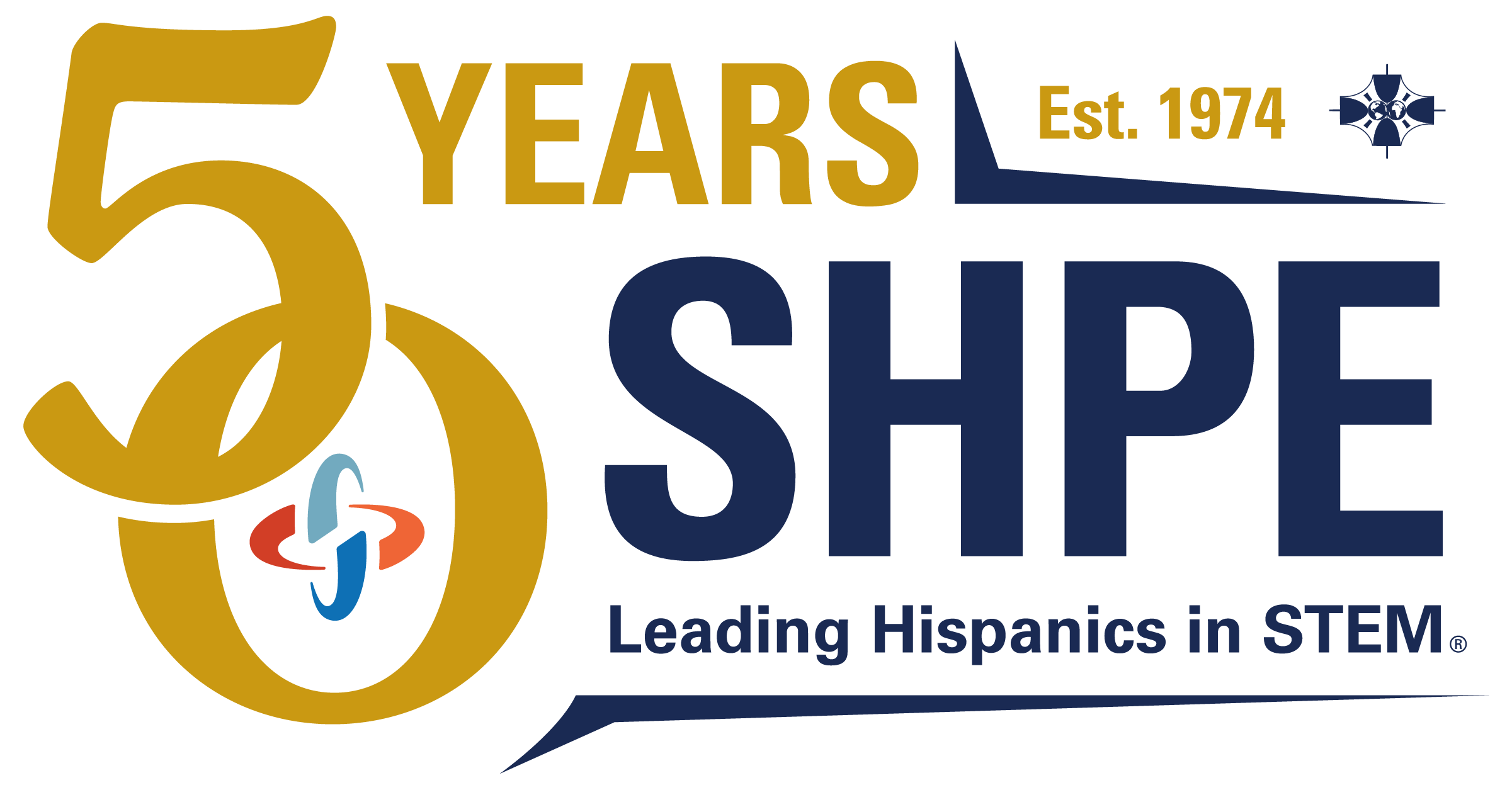The U.S. Department of Education gathered community leaders on Wednesday, July 26th in Washington, D.C. to discuss the new landscape of student success following the Supreme Court’s ruling on Affirmative Action. The discussions centered around crucial topics, including navigating college affordability, advancing equal opportunity, and enhancing college readiness through community outreach. The biggest takeaway from the summit was that education non-profit organizations and higher education institutions have an urgent task at hand: redesign access approaches and establish intentional tools that ensure colleges and universities remain as engines of economic mobility, especially for students from often marginalized communities.
Notably, SHPE, one of the education non-profit organizations, spoke to successful experiences of partnering with academic and industry sectors to deliver intentional programming for the Hispanic community from K-12 all the way through their college experience.
Keynote speaker, U.S. Secretary of Education, Miguel Cardona gave powerful welcoming remarks where he emphasized the importance of building diversity on college campuses, advancing college affordability, and reimagining recruitment and retention policies among higher education institutions. Secretary Cardona envisions robust collaborations between community leaders in the K-12 and higher education sectors to find effective pathways for recognizing excellence in students most impacted by the inequities exacerbated by the Supreme Court’s ruling. Drawing from his experience as a former public-school educator, Secretary Cardona acknowledged the challenges that lie ahead but expressed unwavering confidence in the ability of community leaders to rise to the occasion.
The summit fostered crucial conversations among community leaders, focusing on scalable practices that can promote and instill a profound sense of “Belonging” for students considering higher education. Among the key approaches discussed were simplifying the college application process, incentivizing dual credit opportunities, and strengthening partnerships between non-profits and schools to creatively expand college readiness, affordability, and recruitment. Particular attention was paid to supporting at-risk students with historically disadvantaged backgrounds.
In addition, leaders from the Civil Rights Office at both Department of Justice and Department of Education provided an essential overview of the impact of the Supreme Court’s decision. Assistant Attorney General for Civil Rights, Kristen Clarke, and Catherine Lhamon, Assistant Secretary for the Civil Rights Office at the Department of Education, underscored the need for increased community outreach and awareness mobilization of legitimate resources and implementation practices, particularly concerning Title VI of the Civil Rights Act, to prevent misinformation and ensure equitable admissions processes.
Overall, the National Summit on Equal Opportunity in Higher Education served as a pivotal platform to galvanize collaborative efforts towards making higher education accessible, inclusive, and transformative for all students, regardless of their background. The collective dedication demonstrated by the attendees promises lasting positive change and equal opportunities in the higher education landscape. SHPE will remain vigilant and responsive to the evolving changes stemming from the Court’s ruling. Particularly, as the leading voice for the Hispanic community in STEM, we are focused to continue making a significant impact in advancing diversity and inclusivity in higher education.







